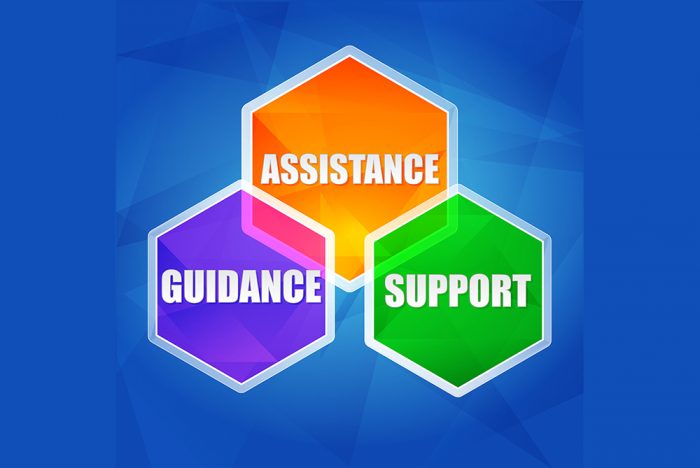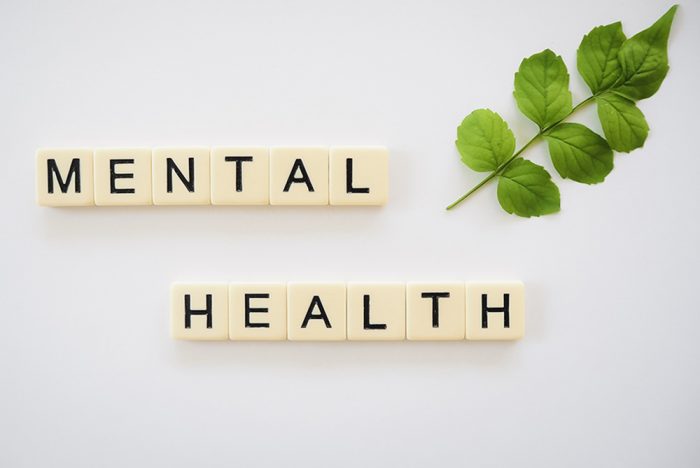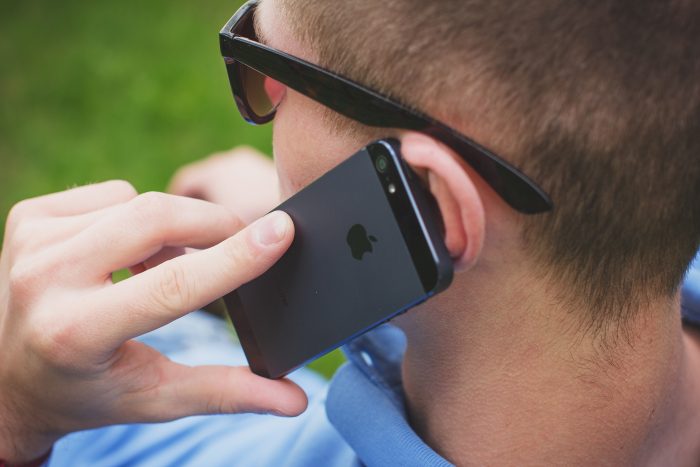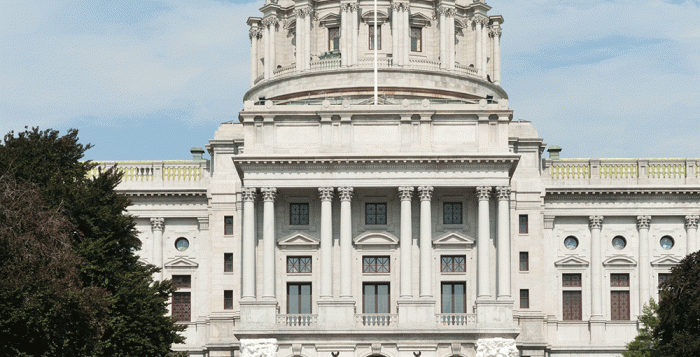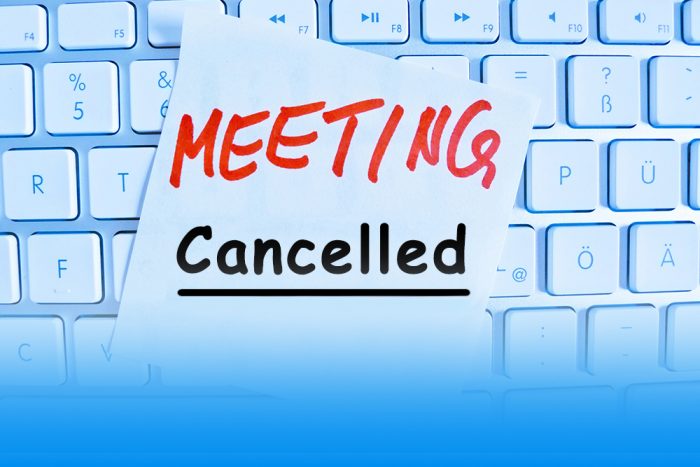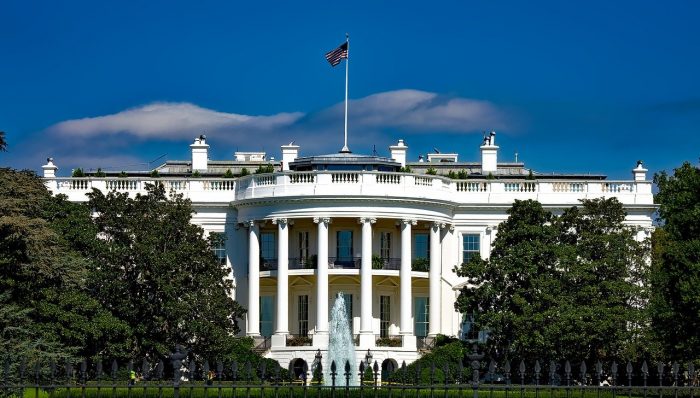The Substance Abuse and Mental Health Services Administration (SAMHSA) has released updated National Behavioral Health Crisis Care Guidance aimed at enhancing the nation’s response to mental health and substance use crises. This effort is part of an ongoing initiative to address record-high rates of suicide and overdose, while also building on the transition to the 988 Suicide & Crisis Lifeline in 2022.
The updated National Behavioral Health Crisis Care Guidance is comprised of three key documents. These are the 2025 National Guidelines for a Behavioral Health Coordinated System of Crisis Care, Model Definitions for Behavioral Health Emergency, Crisis, and Crisis-Related Services, and a draft Mobile Crisis Team Services Implementation Toolkit, which is open for public comment until March 21, 2025. Together, these resources set forth a framework for reshaping community crisis care systems and ensuring timely access to care.
SAMHSA’s framework is built on three foundational pillars essential to an integrated crisis care system:
- Someone to Contact — The 988 Lifeline and other hotlines provide immediate, accessible support for individuals in crisis.
- Someone to Respond — Mobile crisis teams are a critical component, delivering rapid, on-site assistance to de-escalate crises and connect people with appropriate care.
- A Safe Place for Help — Stabilization services offer facilities where individuals in crisis can access care, resolve crises, and transition to ongoing treatment when necessary.
The new guidance emphasizes scalability and sustainability for these systems, equipping state, tribal, local, and territorial governments with the tools needed to design and improve crisis care services. It also provides practitioners with actionable steps for delivering quality care.
The 988 Suicide & Crisis Lifeline, launched nationwide in 2022, represents a significant shift in behavioral health crisis response. The easy to remember three digit number aims to provide individuals with immediate access to trained crisis counselors, significantly reducing reliance on law enforcement and emergency departments for mental health emergencies. The updated guidance builds on this progress while addressing the urgent need for comprehensive crisis care systems.
The guidance reflects substantial input collected through listening sessions, expert consultations, and public feedback. Crucially, it underscores the importance of a coordinated, flexible, and compassionate approach to behavioral health crises at a time when the nation continues to grapple with increasing demand for services.
With public comments being sought on the draft Mobile Crisis Team Services Implementation Toolkit, SAMHSA aims to refine and finalize tools that advance the capacity of crisis teams to stabilize situations and connect individuals with long-term support. Please forward your comments to RCPA COO and Mental Health Services Director Jim Sharp for inclusion in the RCPA response to SAMHSA. This will addressed in the February 18, 2025, RCPA 988/Crisis Services meeting. You can register for the meeting here.








